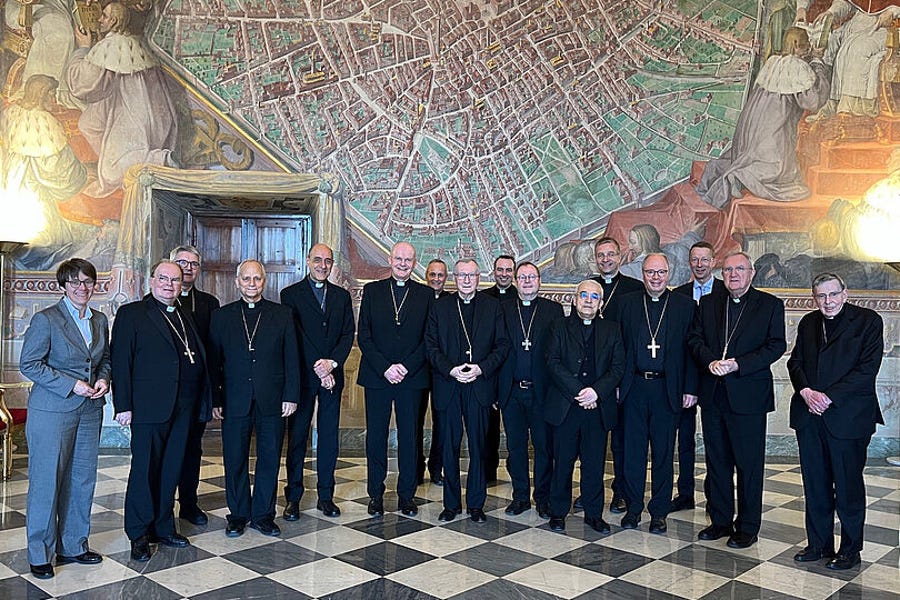What happened at the Rome-Germany talks?
When German bishops sat down with Vatican officials, did anyone 'win'?
Did Friday’s long-awaited meeting between German bishops and Vatican officials result in a breakthrough?

The question has preoccupied Church watchers since a March 22 summit in Rome to discuss the source of ongoing tensions b…
